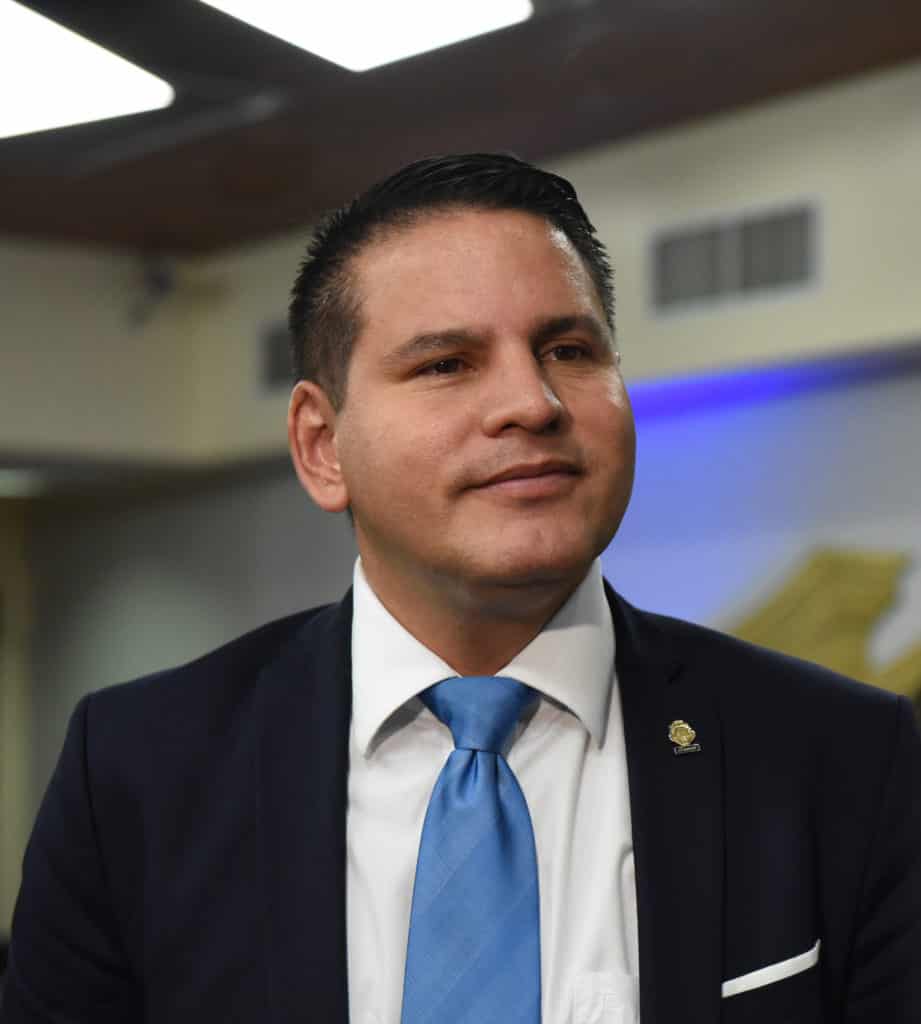While nearly a third of Costa Rican voters remain undecided less than two weeks before the presidential and legislative elections, a recent poll shows that the evangelical pastor Fabricio Alvarado has leaped to the lead in voter support – from just three percent of voter support in December to 17 percent in January.
The conservative presidential candidate attributed his boost in the polls to the rigid position he adopted after the Inter-American Court of Human Rights ruled in favor of same-sex marriage on Jan. 9. Alvarado stated publicly that if he were president, he would remove Costa Rica from among the member states of the tribunal.
“This is a people that is not happy with the way the Inter-American Court has violated our sovereignty, and because Fabricio Alvarado is the candidate who is most vehement in his position, the people have identified with us,” the candidate told news site ameliarueda.com.
Inter-American Court endorses same-sex marriage; Costa Rica reacts
The poll was conducted by the Center for Research and Political Studies (CIEP) at the University of Costa Rica (UCR).
Lawyer and former security minister Juan Diego Castro, himself a deeply controversial candidate, is in a statistical dead heat with Alvarado, coming in at 16 percent in the latest poll.
Former legislator and Cabinet minister Antonio Alvarez Desanti, of the traditional National Liberation Party (PLN), is now in third with 11 percent, while the other traditional party candidate, Rodolfo Piza of the Social Christian Unity Party (PUSC), came in at 9 percent.
The poll was carried out from Jan. 15-17 with a sample size of 1,013 and a margin of error of 3.1 points.
With no candidate polling above 20 percent, it seems unlikely any one candidate will reach the 40 percent mínimum required to win in a first round. A second round of voting between the two top candidates would take place on April 1.
January’s here and the gloves are off: Costa Rica’s true campaign begins
While all polls show an uncertain panorama, important differences in candidates’ ranking take place from poll to poll.
A CID-Gallup poll carried out from Jan. 9-14 showed Castro in first place (16.5 percent), followed by Alvarez (15.5 percent), Piza (12.2 percent) and Alvarado (9.6 percent).
A Demoscopia poll conducted for the newspaper La República from Jan. 12-17 put Alvarez in first place (16.7 percent), followed by Piza (14.7 percent), Castro (12.4 percent) and Alvarado (3.5 percent).






